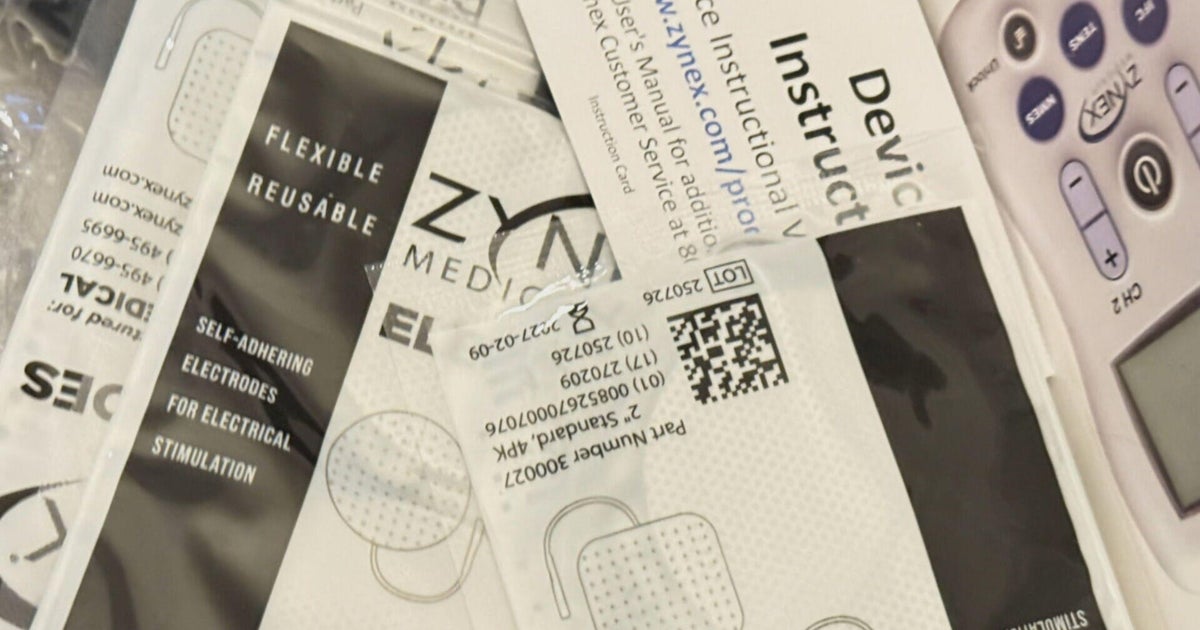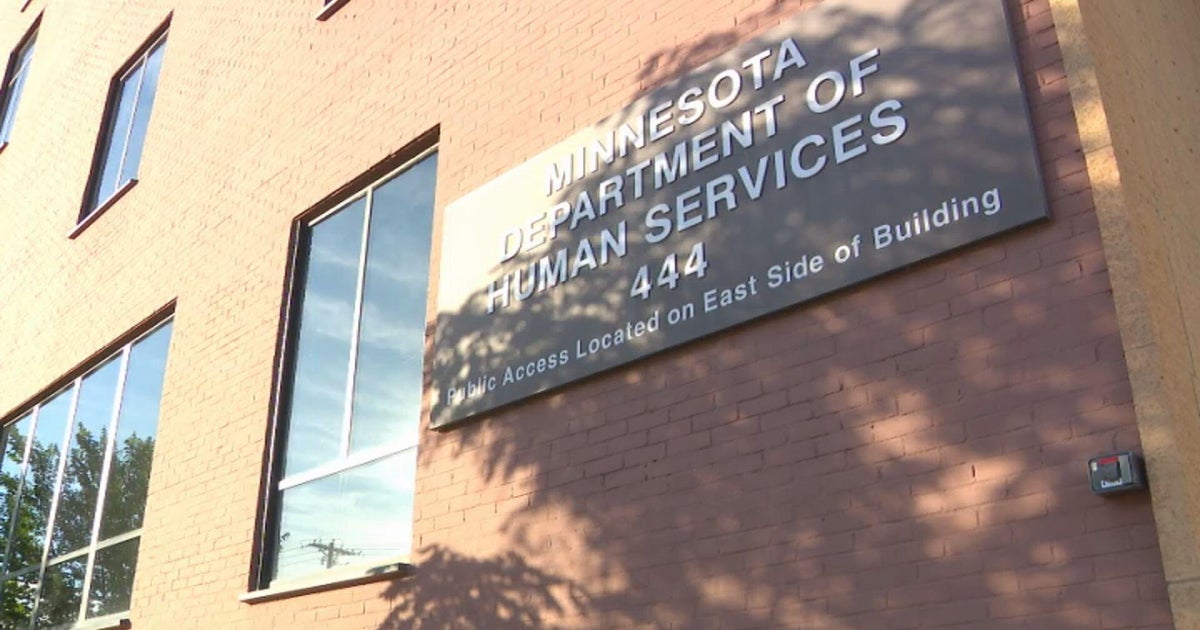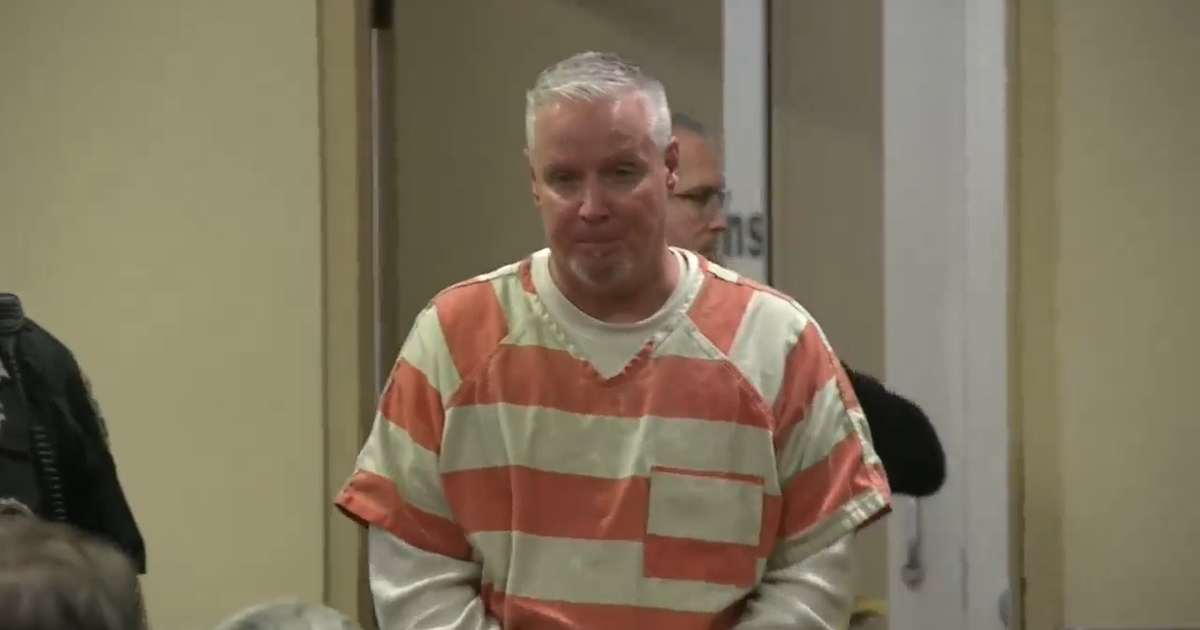Attorney Blames Couple's Bookkeeper In Fraud Case
SPRINGFIELD, Ill. (AP) -- Misplaced confidence, not criminal intent, is to blame for a Chicago couple's involvement in a $5 million fraud scheme that rocked the Illinois Department of Public Health and dragged a friend of President Barack Obama into the spotlight, a defense attorney said Tuesday.
Leon and Karin Dingle received $11 million in public health grants, and the Justice Department alleges they converted $3.4 million of it to personal use for luxury cars and vacation homes. But their attorney, Ed Genson, told a federal jury in closing arguments that employee they just made a mistake in failing to check on the book-cooking by longtime and trusted employee Jacquelyn Kilpatrick.
The Dingles are charged with conspiracy, mail fraud and money laundering for allegedly steering grant money intended for AIDS and cancer-awareness campaigns through unauthorized nonprofit organizations and into their business and personal accounts. The government claims they used the money to buy two Mercedes Benzes, renovate vacation homes in Savannah, Georgia, and Hilton Head, South Carolina, and pay $97,000 on their son's mortgage.
Kilpatrick pleaded guilty to mail fraud and tax evasion in October and testified against the Dingles in the seven-week trial.
Genson said it was Kilpatrick who began taking money that was moving between approved nonprofit organizations Dingle had arranged to do the work, netting $1 million for herself, Genson said.
"Leon did not know she was stealing," Genson said. "There's no evidence he knew she was stealing; there's no evidence he told her to steal. He trusted her. ... She was very good at forgery."
Grant money was steered to the Dingles by Quinshaunta Golden, who has pleaded guilty to bribery and other charges and is awaiting sentencing. Golden was chief of staff to the IDPH director, Dr. Eric Whitaker, a golfing buddy of Obama's who is not accused of wrongdoing. He was considered a government witness in the trial but did not testify.
Genson painted a picture of Dingle as a shrewd businessman who was an early investor in cable television in Chicago and a consultant evaluating people for public assistance eligibility when he met Kilpatrick as a 21-year-old single mother who had gone to the YWCA to find a job. Kilpatrick -- who served felony probation for forgery in the 1980s -- learned how to hide things from Dingle during the three decades they worked together, Genson said.
If federal agents examined the Dingles' books and found erroneous and fabricated entries, "that's not Leon Dingle, that's her," Genson said. He said she also put grant money into the Dingles' business and personal accounts, and the couple had no way of knowing they were spending grant money.
The trial continues Tuesday afternoon with Genson completing his remarks, a closing argument from Karin Dingle's attorney and a rebuttal statement from the government before the case goes to the jury.
(TM and © Copyright 2014 The Associated Press. All Rights Reserved. This material may not be published, broadcast, rewritten or redistributed.)







